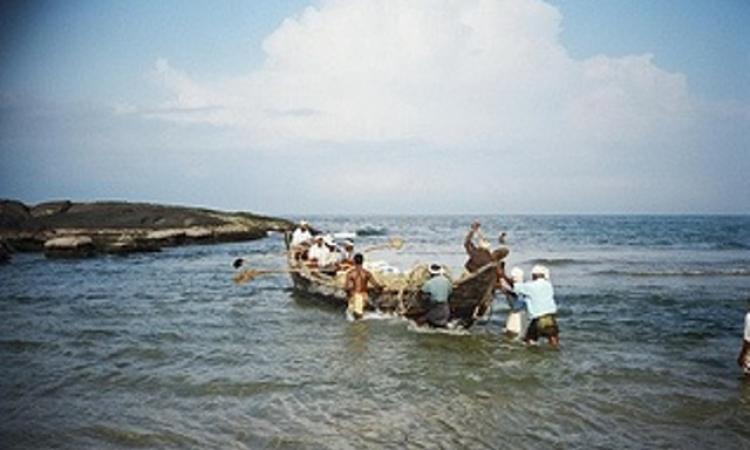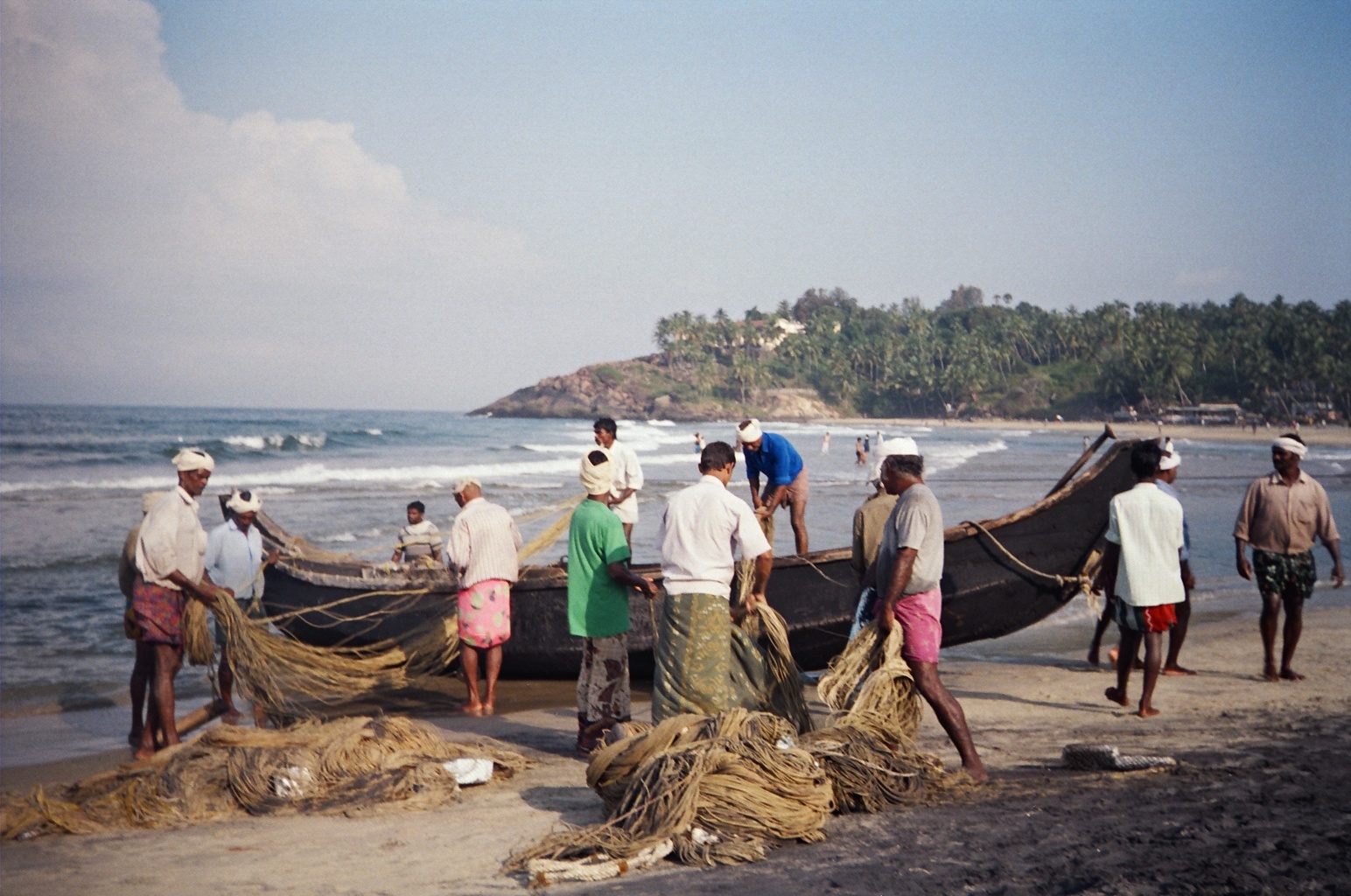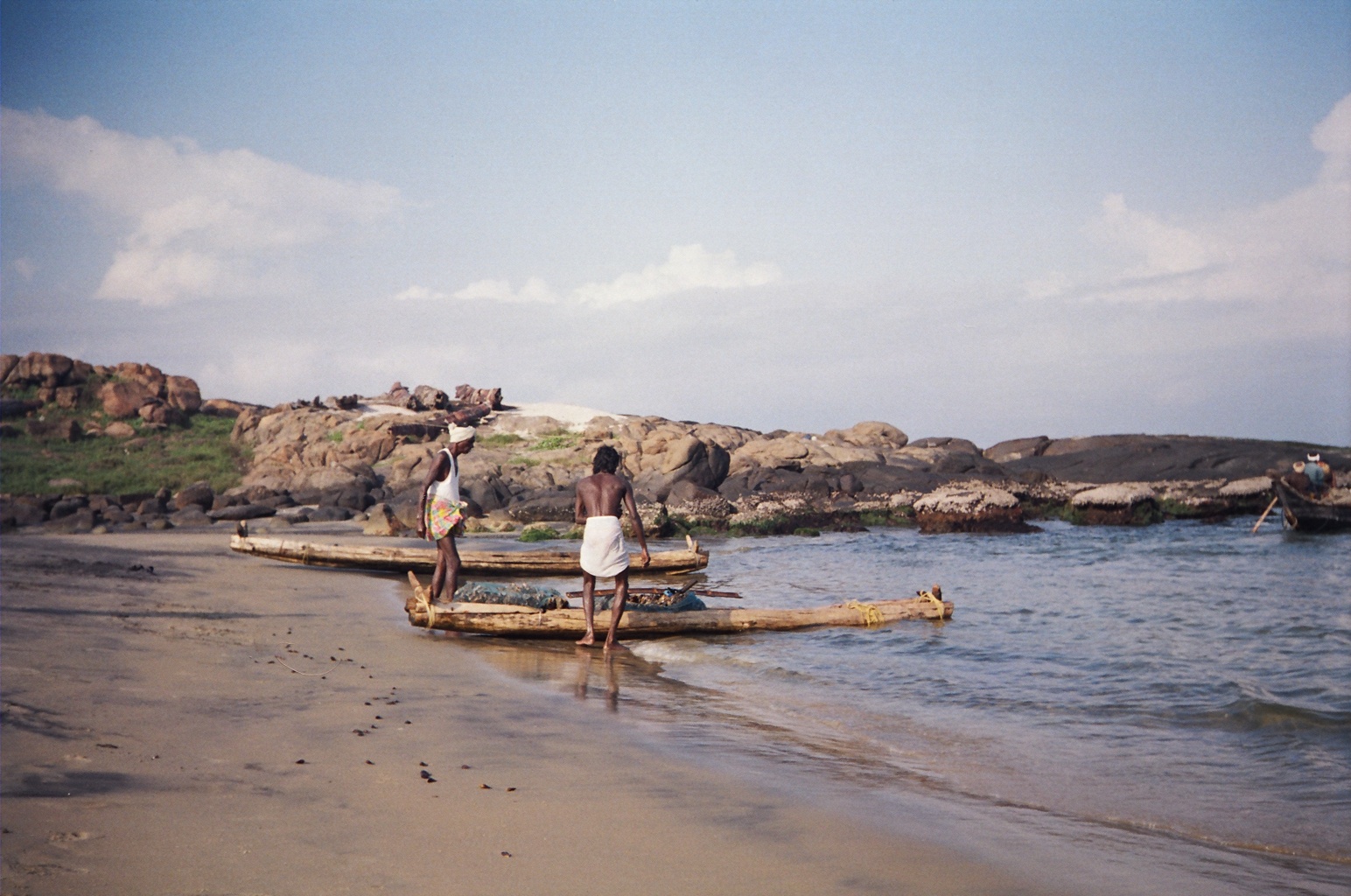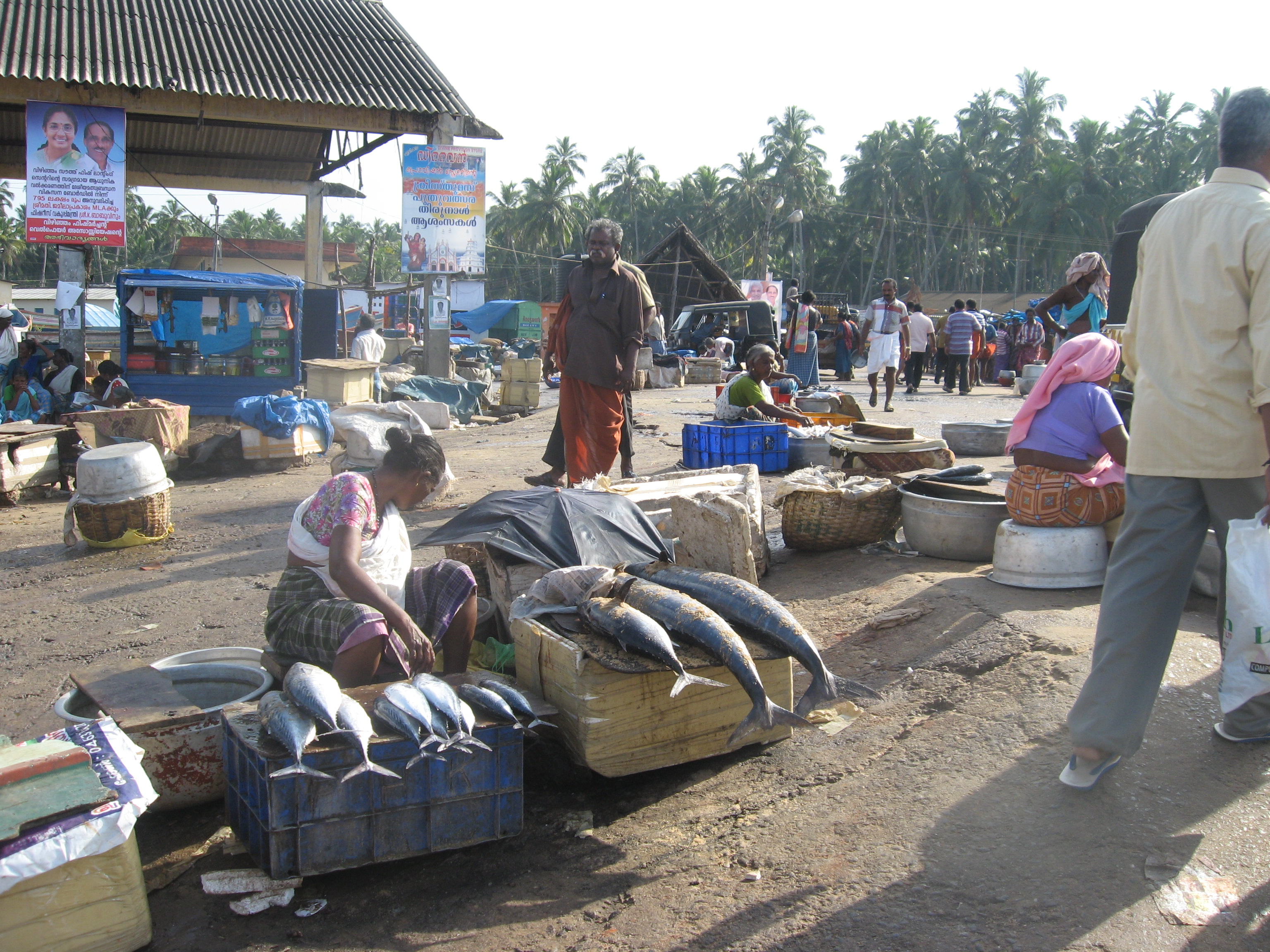
Rapid urbanisation in various forms is set to transform the coastline of Tamil Nadu as real estate, infrastructure, tourism, and urban beautification plans are in full swing. Fisherfolk, whose everyday life and survival is rooted in the commons, are at the centre of these processes of coastal urbanisation. They face a threat not only to their livelihoods, but also to their living spaces, their common culture and their way of life.
The paper titled 'Mapping the coastal commons: Fisherfolk and the politics of coastal urbanisation in Chennai', published in the Economic and Political Weekly, describes the recent struggle of the fisherfolk from Urur/Olcott Kuppam, a fishing hamlet in Chennai, to assert their rights over the coastal and ocean spaces that face the threat of being lost to a planned elevated Beach Expressway.
The struggle of the fisherfolk
Chennai’s fisherfolk had earlier managed to stave off bids to various forms of urbanisation of their commons. Previous efforts involved a demonstration of considerable community strength that the fisherfolk had to display, and were in response to schemes that threatened their livelihoods. This effort, on the other hand, involved the use of legally nuanced and informed critiques to their mass demonstrations that claimed livelihood spaces by invoking laws to secure legal recognition for non-codified customary and traditional rights over coastal commons.

Transfer of traditional knowledge on spatial demarcations onto digital maps
This was the first time that the fisherfolk transferred their traditional knowledge of customary uses and spatial demarcations in the coastal and ocean commons onto paper and digital maps. The maps were used to expose forms of dispossession in and around coastal fishing villages, and to assert their rights to coastal and ocean spaces. This represented the fisherfolk’s efforts to inject their own aspirations and vision into the contested terrains of city-making. Formal tools of mapping were used to invoke the law and legally claim their right to their commons, while the state agencies were accused of bending and violating the law for hidden motives.
The three-year campaign against the elevated Beach Expressway came to an end when a new government led by Chief Minister J. Jayalalithaa scrapped the proposal, citing the possibility of adverse effects on coastal communities.
Further plans for an ocean mapping exercise by the fisherfolk
This new political awareness further encouraged the fisherfolk to enforce and expand their rights further to the ocean commons by conducting an ocean mapping exercise, which will identify important fishing grounds and access routes to these grounds. The third phase will involve the identification of public spaces near the coast to accommodate the long-term housing needs of the fishing community.
Thus, community self-mapping has emerged as an important medium through which fisherfolk have asserted their rights to coastal commons. Fisherfolk are increasingly becoming more and more networked, both in terms of how they share information technology and also how they build regional networks of solidarity.
The paper ends by arguing that these emergent networks of fisherfolk and their vision of a coastal commons based on livelihoods, public infrastructure, and everyday social and cultural life have emerged as an important countervailing force to forms of uneven development and dispossession, which threaten to wipe off the fishing communities and the coastal commons from the map.

Another paper titled 'Uniting to Reclaim Traditional Land and Livelihoods', published in the Economic and Political Weekly, also describes the resistance from fishing communities in Nalla Thaneer Odai Kuppam/hamlet in Thiruvallar, Tamil Nadu to relocation schemes by the government following the tsunami in 2004.
The state government planned to construct houses under its Tsunami Housing Scheme along the stretch of the beach where the village was located. Following this, the villagers learnt how to map their village resources and then decide whether or not moving out would be beneficial.
The next step was to visit the alternative houses proposed for them. The fisherfolk realised that not only were these tenements small with inadequate space to keep their boats and nets, but they also lacked basic amenities and were located far away from the sea. This was enough for the community to turn down the government offer.
Invoking the Right to Information (RTI) Act
The relocation experiences of those who had been moved earlier revealed that their condition was much worse and had also affected their livelihoods. This motivated the remaining communities to use the RTI to fight other attempts at beautification of the beach. In 2011, more than 500 women from 16 federations along with their NGO partners, sat outside the office of the Chennai Collectorate to demand that they be given compensation equal to that given to men during the off-season for fishing.
 The growing confidence of women fish workers has translated into their trade union being formed. Next on their agenda is to get the government to recognise the labour input of women fish workers and categorise them as workers. This will make them eligible for similar benefits given to men fish workers including medical and accident insurance, compensations, etc.
The growing confidence of women fish workers has translated into their trade union being formed. Next on their agenda is to get the government to recognise the labour input of women fish workers and categorise them as workers. This will make them eligible for similar benefits given to men fish workers including medical and accident insurance, compensations, etc.
The paper ends by arguing that the power of collectivisation and awareness of their rights has helped the tsunami-affected coastal communities resolve their fears. It has also empowered them to negotiate while dealing with the development bait thrown by the government.
Both papers can be downloaded below.
/articles/empowered-tn-fisherfolk-challenge-urbanisation